Editor's note: Warning the following story contains graphic images.
This project was created by Eleonora Ghioldi, describing her experience throughout her breast cancer treatment.
"We have been sad long enough to make this earth either weep or grow fertile."
— Audre Lorde, The Cancer Journals

"Breast cancer is the leading cause of death from tumors in women, causing 685,000 deaths per year in the world," I read. "In Argentina it is estimated that 1 in 8 women who have reached the age of 80 will have developed the disease at some point in their life." The number is shocking, but it is still just one more piece of information compared to passing the disease through the body.
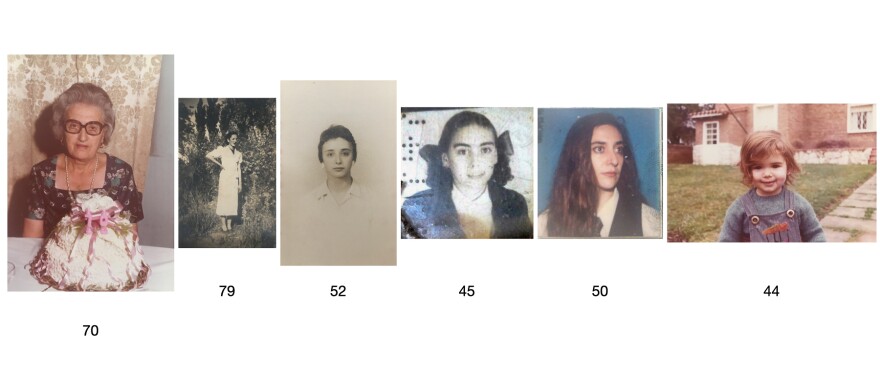
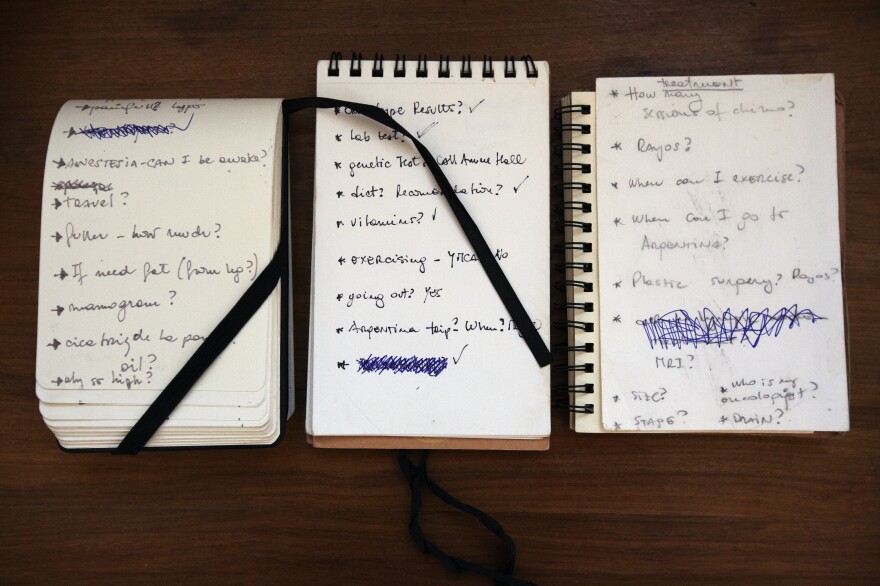
I had cancer, yes. It's still hard for me to describe how it feels.
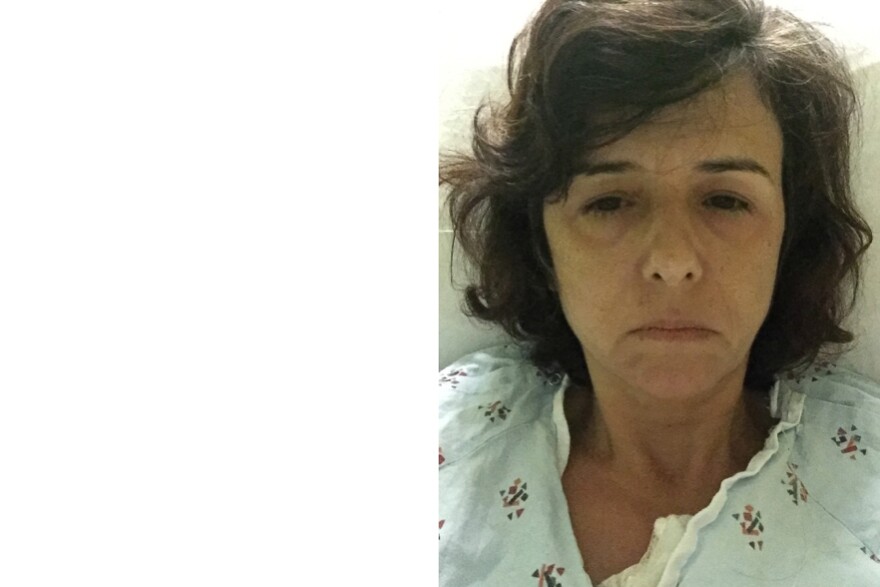

Suddenly, the world has an expiration date. The first advances. The setbacks. The fear of not being there for my children. Looking to the past, connecting through time with those who once preceded us in this pain.


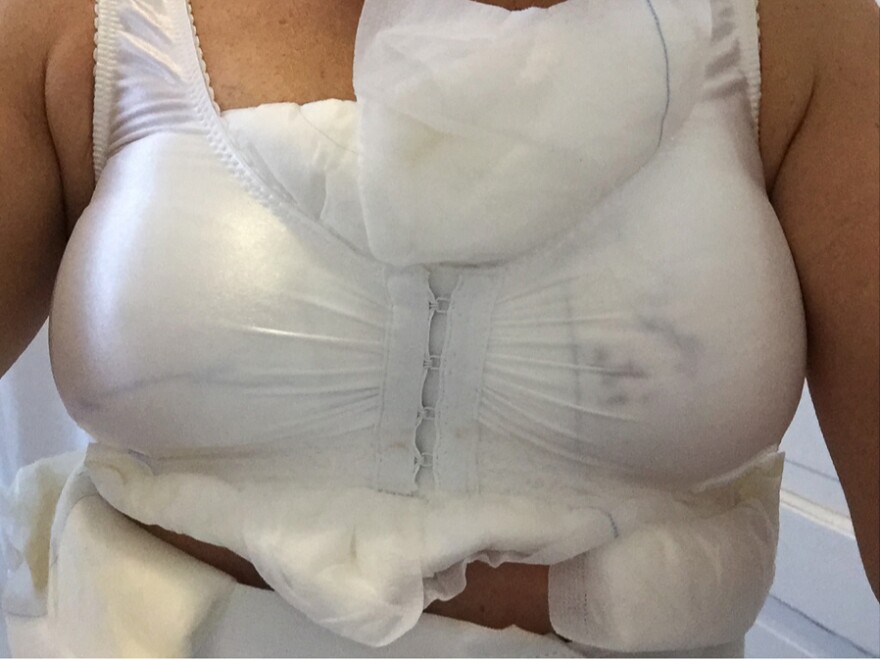



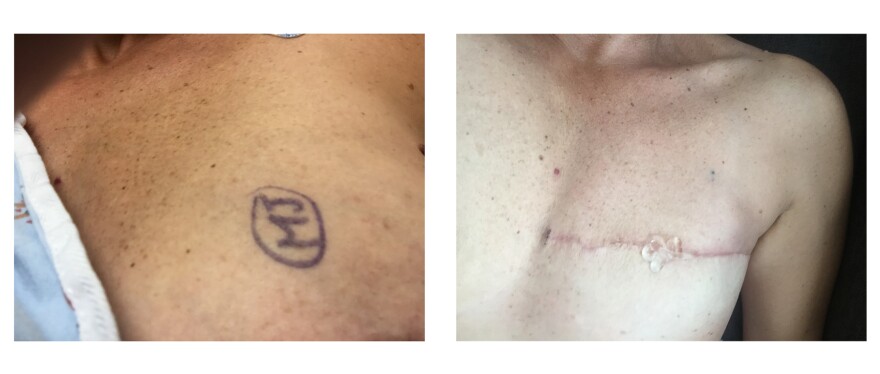
Connect — (re)connect — with the body. Looking in the mirror, finding yourself in the scars (or not). Western medicine in general and oncology specifically, often become labyrinthine paths for most people. That directly affects decisions about our bodies and desires.

The word of the doctor (thus in masculine) becomes unique and indecipherable. The medical corporation, complacent with the patriarchal mandates, hurrying so that everything goes back to doing as before, to erase the gaps and marks, to return the body to the path of hegemonic desire. There is a blanket of silence, sometimes with a gesture of pity, other times with the taboo of cancer. The "not being noticed" becomes pressure on the bodies that receive cancer treatment, often focusing on beauty mandates that have little to do with health.

There is also the struggle, which is what always gives us meaning in the face of so much pain. When we talk about breast cancer prevention, we talk about being able to touch ourself, knowing how, breaking with that mandate imposed on us since childhood that says "Girls don't touch their own bodies — that's wrong." Prevention is also autonomy over one's own body.
There are not two equal paths with cancer, it is different for each woman. This was mine. My ground to reality was photographing my days; every moment in the hospital was meant to be documented. Clandestine, stolen images. That they shouldn't exist, like my cancer, but they do exist, they are real.

Cancer changed my life, photography saved me.
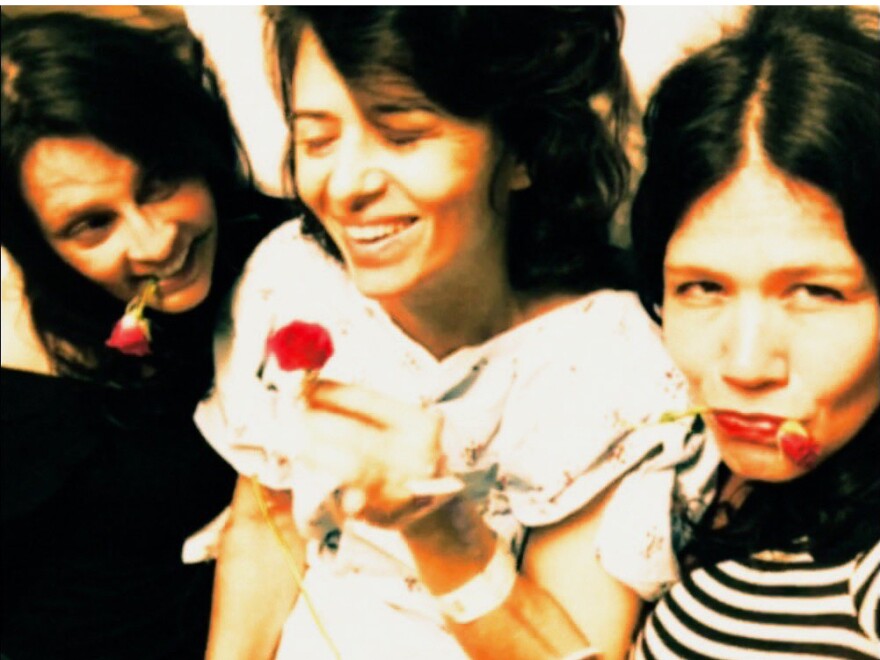
For more of Eleonora's projects, visit her social networks.
Copyright 2023 NPR. To see more, visit https://www.npr.org.


